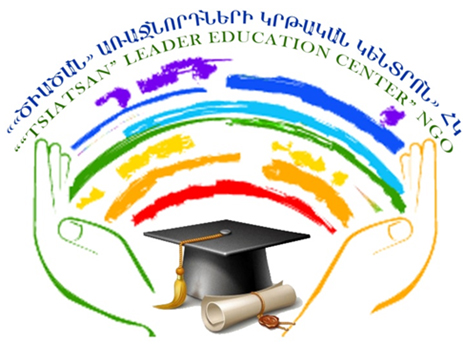
Pre-school education is one of the most important prerequisites of child development. The first years in a child’s life have a significant meaning not only for his/her health and physical development, but also for the formation of their ability to study, emotional world, and social skills. According to the UNICEF study, 70 % of 0-6-year-old children of Armenia do not go to kindergartens. One of the reasons is that there are no pre-school institutions in many small and remote communities. It is also mentioned in the report of the organisation that since 2000 involvement in pre-school educational system has gone up by almost 1/3. It was expected that the ratio of aggregate involvement of five-year-old children would increase from 35% (2000) to 90% (2017). Despite this achievement, over the past years the progress has slowed down and inequalities continue to be a problem.
Compared to the total republican indicators, pre-school education in Kapan is in quite a good state. By January 2019, 9,302 children live in the enlarged community of Kapan. 2,035 of them are at pre-school age. 1,476 children go to pre-school institutions, 365 are registered but do not attend yet. According to this data, 72,5 % of community children go to kindergartens. However, their majority are from cities, there are pre-school institutions only in five of the 37 rural settlements. The main reason is that there are very few children at age 0-5 in these settlements.
Here you can find the analysis of a social survey on accessibility of pre-school education.
Summary presentation of the project /Module/ (Available in Armenian)։


